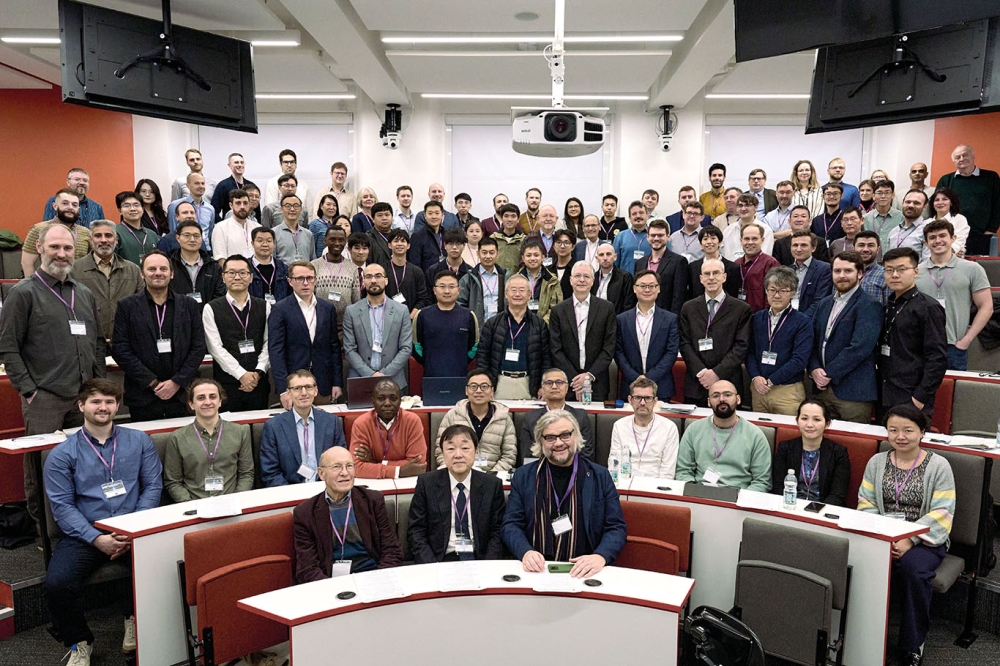News Article
Leti shows off new CMOS laser
Leti demonstrates CMOS-compatible laser source coupled to a silicon waveguide
Letihas announced that it has demonstrated a fully CMOS-compatible laser source coupled to a silicon waveguide, a major milestone toward the WADIMOS project’s goal of fabricating silicon photonics circuits in CMOS foundries. WADIMOS is an EU-funded research project to demonstrate a photonic interconnect layer on CMOS. Leti’s partners in the project, which is coordinated by Imec, include STMicroelectronics, MAPPER Lithography, Lyon Institute of Nanotechnology (ILN) and the University of Trento.
Working with a circuit design from INL and Imec, Leti completed the specific process studies for the laser source to adapt and modify standard III-V materials process steps that would comply with a CMOS environment. Leti replaced gold-based metal contacts with a Ti/TiN/AlCu metal stack.WADIMOS partners at SPIE Photonics Europe 2010 in Brussels will present the results, April 12-16.
The enormous computing power of multi-processor systems and manufacturing tools being considered will require data transfer rates of more than 100Terabit/s. These data rates may be needed on-chip, e.g. in multi-core processors, which are expected to require total on-chip data rates of up to 100TB/s by 2015, or off-chip, e.g. in short-distance data interconnects, requiring up to 100TB/s over a distance of 10-100 meters. Optical interconnects are the only viable technology for transmitting these amounts of data.
Besides a huge data rate, optical interconnects also allow for additional flexibility through the use of wavelength division multiplexing. This feature may be help realize more intelligent interconnect systems such as the optical network-on-chip system that the WADIMOS project also is studying.
WADIMOS, which is an abbreviation for Wavelength Division Multiplexed Photonic Layer on CMOS, will build a complex photonic interconnect layer incorporating multi-channel microsources, microdetectors and different advanced wavelength routing functions directly integrated with electronic driver circuits. It also will demonstrate the application of the electro-photonic ICs in an on-chip optical network and a terabit optical datalink.































